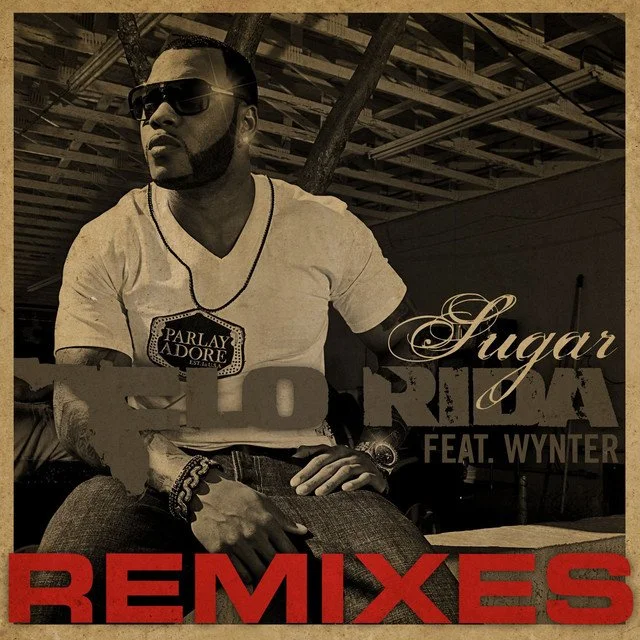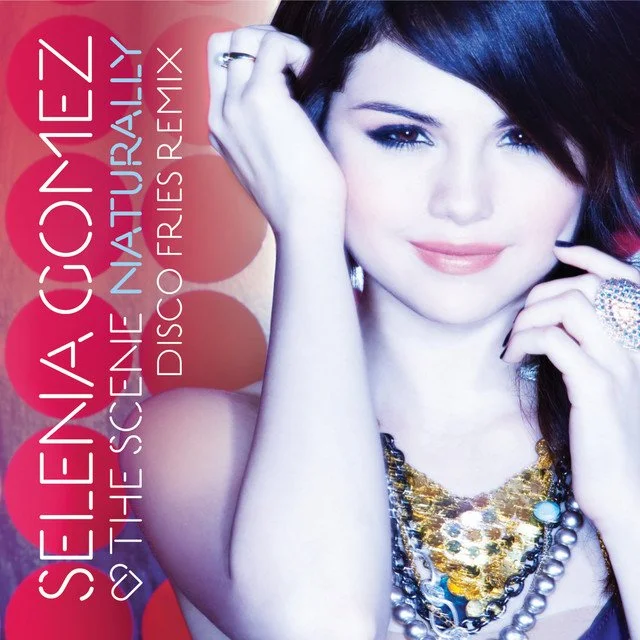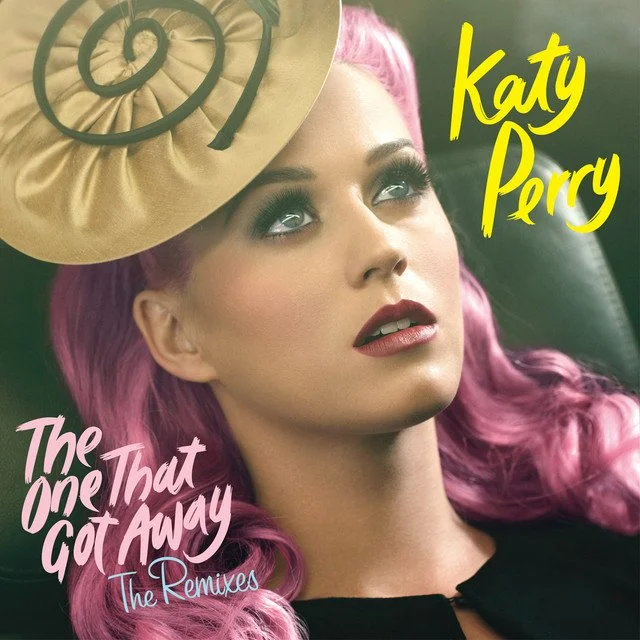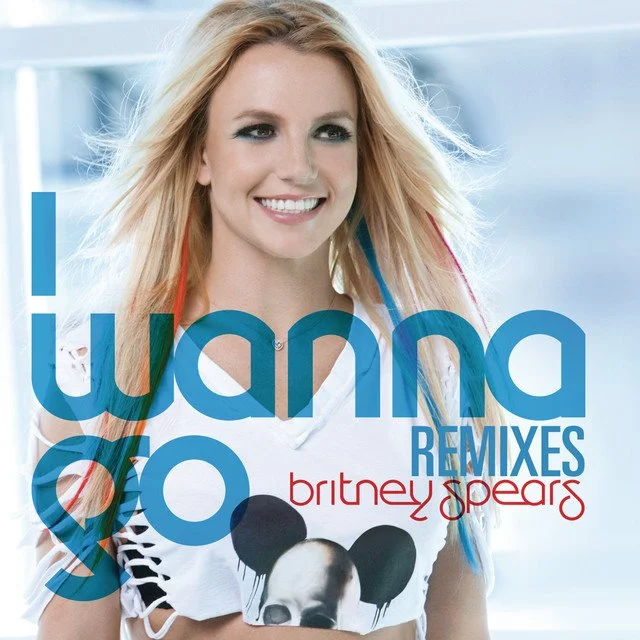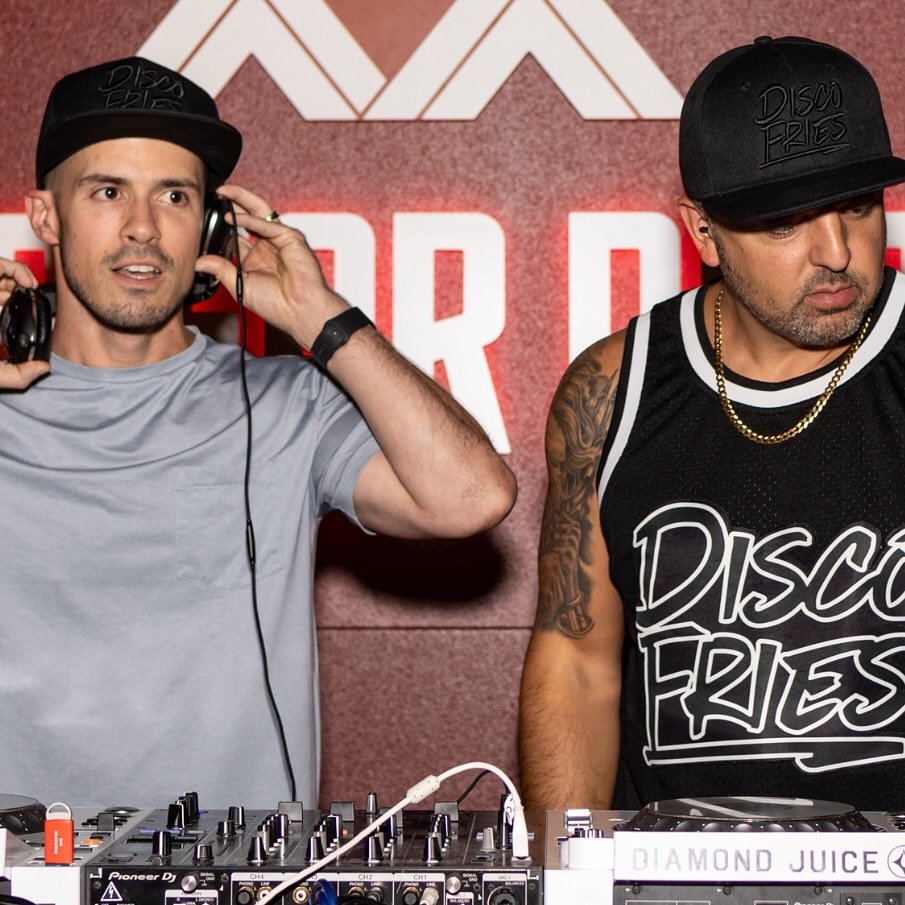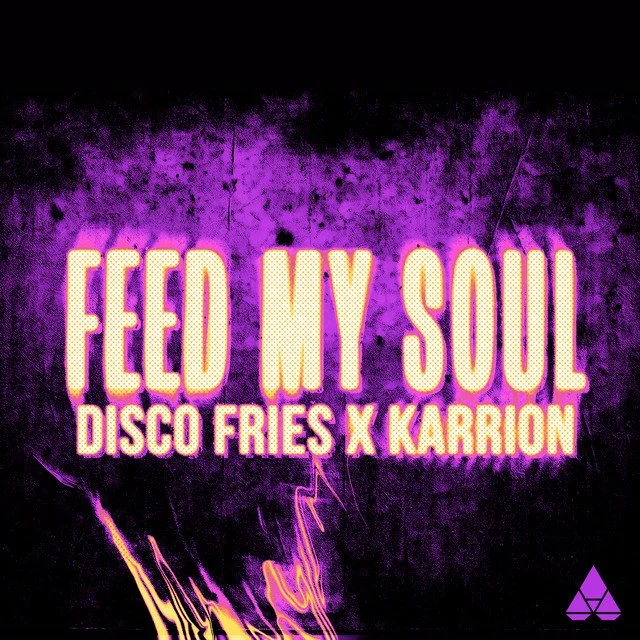From their early days as college roommates experimenting with sync music to becoming a platinum-selling dance duo, Disco Fries—Nick Ditri and Danny Boselovic—have carved out a dynamic career in the electronic music scene. Their signature blend of blown-out basslines and classically inspired melodies has captivated fans worldwide, earning them the support of industry giants like Tiësto, Hardwell, and David Guetta. What started as remixing hits for artists like Flo Rida, Katy Perry, and Britney Spears soon evolved into a passion for original music, leading to chart-topping success with tracks like their recent Billboard Dance #1 hit, Concrete Heart with VASSY. Their collaborations with Tiësto, including co-producing Wasted, further solidified their impact on the global dance music landscape.
Beyond their work in the club scene, Disco Fries have expanded their reach into business ventures, sync licensing, and artist development, collaborating with major brands and curating a vast catalog of original productions. In this exclusive interview, Nick Ditri reflects on their journey, from their first big break at Atlantic Records to their approach to discovering new talent in today’s social media-driven industry. With a career built on innovation, friendship, and an unwavering passion for music, Disco Fries continue to shape the future of dance music—one electrifying track at a time.
This interview has been transcribed and edited for clarity.
LEG: How did you and Danny first come together to form Disco Fries, and what was the initial vision for your music?
As Disco Fries, we got our start in college. Danny and I met as randomly assigned roommates and started working on music for sync originally. We had no name or clear direction, but the idea was to go into advertising. We would print DVDs with reels of commercials, mute the audio, create our own music, and send them to ad agencies.
But it kind of landed us in this space of really liking making melodically driven dance music. Danny was into melodic rock. I was into dance music and hip hop being from New Jersey, and we found common ground with Tiesto’s “Adagio for Strings” in the big orchestral classical sound but on a dance record, it was like a through line kind of between what we both were into.
Our first major remix was for Sugar by Flo Rida for Atlantic, which went platinum. Off the success of that, we started getting remix opportunities for artists like Selena Gomez, Katy Perry, and Britney Spears.
LEG: At what point did you decide to transition from being known as remixers to focusing on original music, and what drove that shift?
At one point, we realized we didn’t want to be known only as remixers. At the time, some artists were exclusively releasing remixes and became pigeonholed in that role. They didn't necessarily get popular on original music, which for some of them, it's still great. Like that's really their bread and butter, while that worked well for some, our goal was to be recognized for original music.
So we started releasing originals and had a couple of really big records in Australia, and put out club tracks that stayed true to our melodic, classically driven sound. Tiesto, along with Hardwell, Armin van Buuren, David Guetta, and others, started supporting our music, but Tiesto really championed our sound.
LEG: How did your collaboration with Tiesto come about, and what impact did it have on your career and business ventures?
One day we're working on music at my house. We get a DM from Tiesto, asking us if we were interested in working together. When Tiesto asks if you're interested in working together, it's not likely that you're going to say no. We ended up meeting up with him in Vegas. He asked us to be part of his first major radio push album because he wanted to go after US dance radio.
We co-produced a record called Wasted, which was his first platinum single in North America. And then we went on to produce a ton of records together and off of the heels of that, we've now invested in a ton of other businesses.
We have a joint venture with Sony across all our artists, for publishing. We actually do a lot in the sync space. We do quite a bit there. We just did the most recent subway campaign for the NFL. We've built a catalog of a few thousand records, over the past decade, more than a decade now.
LEG: How did your first big break with Atlantic Records come about, and what role did it play in shaping your career?
So AV8 Records, is a legendary hip hop party break label. The owner of that label, Marc Petricone, had reached out to us cause he liked the mashups and stuff we were doing. And he was handling Fatman Scoop at the time. And we really wanted to work with Scoop because if you've heard a hip hop record with a hype man on it, it's usually Scoop.
If it's not a Lil Jon, it's Scoop. And Scoop was prior to Lil Jon. So really at that time we wanted him to get on the records and we wanted to get to him. So we told Marc, let's work together. He started connecting some dots for us. And he introduced us to John McMann who at the time ran radio promo, he’s now the Executive Vice President.
So there were a few things at that time, Bruno Mars was just signed and he said you know, we got this kid, Bruno, that's probably going to be pretty big. We don't know, but we really love what he's doing, so maybe that's an opportunity, but we also have these Flo Rida cuts, and Flo Rida was already popular at that time, so we jumped on that right away. The song was already dance-driven, so it wasn't a big lift for us to carry it into Clubland.
Then, obviously, that led to a lot of other stuff. I mean, you know this well. This business isn't all about…you're not always going to get one grand slam. I wouldn't say that was the one grand slam, but it certainly was a big calling card for us to get legitimized and be able to go to other labels and say, yo, we just did this. Here's all the other stuff we have going on. We started touring pretty actively. These are all the reasons you should look at it.
LEG: Where did the name 'Disco Fries' come from? Was it something you came up with early on, or did it come later?
So, around the time of the Flo Rida mix, Atlantic had also given us...It was a band called Carolina Liar, and the song was called Show Me What You're Looking For. We did a spec mix for it, and we didn't land it, but I think that was prior to Flo Rida, to be honest with you, now that I think about it. But while we were doing it, we were like, yo, if this comes out, we don't have a name. So anyway, we're working on the thing. We take a break, we go to a diner, and in Jersey, Disco Fries are the equivalent of Canadian poutine.
So anyway, there's Disco Fries on the menu. We look at the menu, we order them, because we didn't know what they were, and we were like, done. That's the name. Simple. We can make this quick and easy. We knew that it would blow up.It would be a big thing.
LEG: You've been making music for a long time—how has technology evolved since you first started? Have your tools and process changed drastically, or do you still rely on some of the same gear and techniques?
I'm superstitious as hell. I have the same Rok-It KRK speakers that I've used since the day we started making music together. They don't make them anymore. I've had them fixed and I've spent more money on these things, having them tuned up to be functional, than they're worth by far. I have the same Korg Triton I've had since I was a freshman in high school, but I swear by it. I know it. I know my equipment very well, because I've had it for so long.
That said, as far as the in-the-box technology, we both still use Logic. We use Ableton. Obviously, all the new versions of everything have gotten way more efficient. Even the plugins, there's things that used to take us 15 plugins to get to a certain result. Now, it's one to make the same things happen. The in-the-box tech has certainly gotten more efficient.
Splice, of course, with pulling samples and things like that, is much easier now than having to go buy these super expensive sample packs. Danny does a lot of our synth design from scratch. What he's able to do, in short order, used to take hours, and it used to be super CPU intensive. Yeah, I think efficiency has changed, but at our core, we do the same thing.
LEG: How do you balance working on original music versus remixes, and what’s your approach to creating a remix?
It totally depends on the month, to be honest with you. We go through phases. Right now, I think we're in a really good place with original records, so we're starting to lean into remixes a little bit more. We never like to lose touch with the remix game. We love doing it. I love taking a record that exists in one form and making it into something totally different, but also trying to find the through line between them. That's always been our sweet spot.
How do we make a remix super interesting, cool, and new, and unique, but when a listener who knows the original record listens to it, they still identify it with the original song? Obviously, there are remixers that can pull apart a record and make it totally different, where you don't even recognize the original song. That's just not our thing. We want to keep some sort of integrity of that original record in there.
LEG: Are there artists that you haven't worked with that have always been on your list that you've wanted to work with?
Oh, yeah, for sure. I mean, I'm a Dr. Dre fan for life. A lot of people in hip hop from Timberland on down. So, you know, we got to work with Snoop indirectly on a record. Got to work with Pitbull. Like you said, there have been so many that we have worked with. The list goes on for inspirations and emerging artists are crazy now.
There's so many kids coming up that we try to tap into them as much as possible. They're the ones with like the fresh, new, out of the box ideas. Sometimes that's more appealing than trying to reach for a big star.
LEG: How has your process for discovering new artists evolved over the years, and what platforms or methods do you rely on most today?
It’s night and day. I mean, you know, we used to scrub like Hypem and all these blogs and stuff for new artists. Now, our inbox is flooded with demos and stuff because people know who we are. But also, I could go just swipe on Instagram for hours and find new music. So that's been something in the last even few months I've been doing more of because it used to be, go on SoundCloud, go look for demos, go on Spotify, try to find like people who aren't necessarily huge.
But let's say you do Disco Fries radio on Spotify and you start looking at your algorithm, there might be an artist in there that aligns with us that is super new, that just kind of got put in my feed. So we'll do some diving like that. But lately, Instagram has been a big source of finding new artists. In fact, our last record, our last single we did with this kid Karrion who's got, I don't know, 100 followers or something on Instagram, but he had posted a reel that got put into my feed. And I said to myself, this idea is super dope! I reached out to him, and we made it a single.It was a full collab. I love doing that.
LEG: How do you see the younger generation breaking into the industry today, and what role do you think social media plays in helping new artists get discovered?
It's the nature of the beast. The social media game and making noise matters, but also making the right kind of noise. It doesn't always have to be, you know, gimmicky videos or things like that. If you're putting out quality, people will find it, but you've got to expose it for people to find it.
Just because you're putting out quality, if you're not doing things to amplify it, if you're not consistently posting with it, it won’t reach anyone, so it’s a balancing act. Karrion in particular was doing like some creative reels with his production. It takes doing that to get out there and get noticed. Just making the music does not, is not the be all end all by any means… although I do wish it was sometimes hahah.
LEG: Totally. On our side, we say that all the time. You could be doing a great job, but if you're not letting people know the job you're doing or you're not getting to the right people, then it's just kind of a waste. So that's, that's a really good point.
Yeah, I love Jake Shore Drive. I've been following his stuff for a long time, but I love him as a person and I don't even really know him. His personality comes through in his social videos, which keeps me interested to see more videos of what he's making. So it's not always about just the content. Sometimes it's just you as a person talking and letting people get to know who you are. Why should they care about the record you're making?
Maybe the record you're making is awesome, but like there's a million awesome records that they could go listen to. So then they have to buy into you and what about you is going to make them give a shit.

